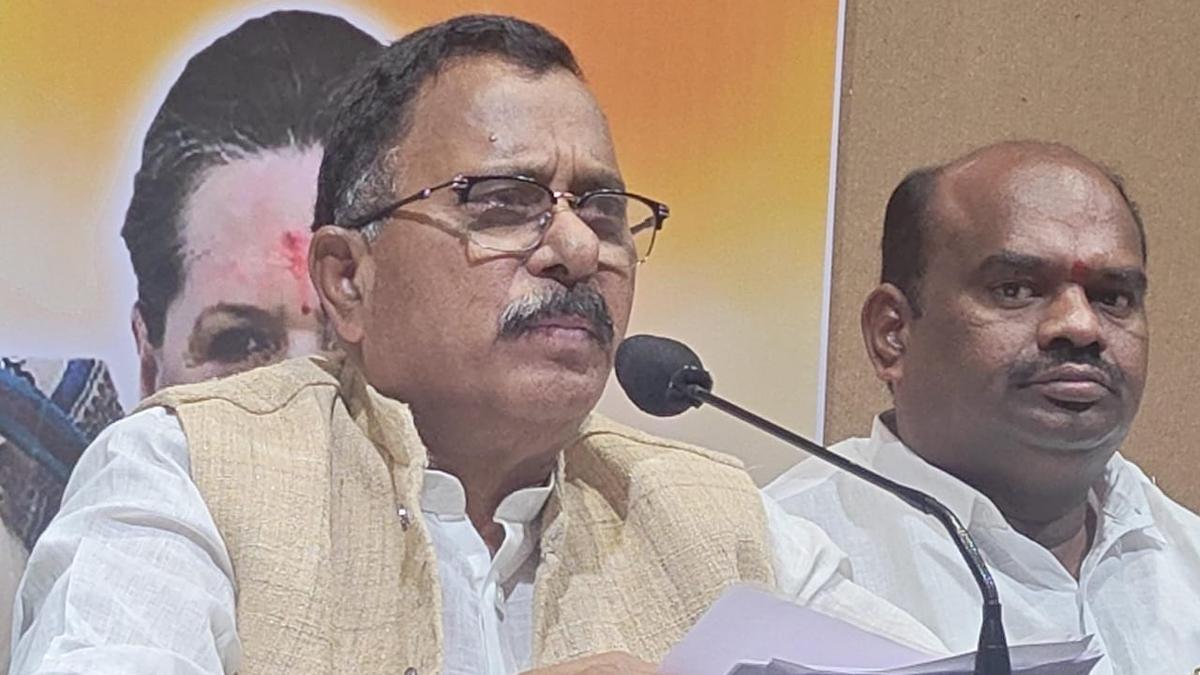Former UN Undersecretary-General Shashi Tharoor, is a Member of Parliament, from the Thiruvananthapuram constituency in Kerala. A best-selling author, Tharoor has authored insightful fiction and non-fiction, rooted in India’s rich cultural moorings. As India turns 75, the former career diplomat shares his views on the nation’s evolution after Independence, the fresh dimensions acquired by freedom and the nation’s standing in the world. It has been 75 years since India attained Independence. Has freedom acquired new dimensions in this time? What would be your definition of freedom at this critical juncture?
I believe that freedom has indeed acquired new dimensions, particularly since Independence was followed by the adoption of the Constitution, which moved India away from the British focus on communal identities to one of individual rights, empowered all citizens as voters rather than the mere 10 per cent whom the British had allowed to vote, and introduced new freedoms into the daily lives of Scheduled Castes and Scheduled Tribes, minorities and women. The notion of freedom has expanded significantly in a further series of Supreme Court judgements. This expanded notion of freedom has to be fought for and preserved.
After 75 years, what is the image India conveys to the world? India has an image as the world’s fastest-growing free market democracy, which was underpinned by a global reputation for its successful management of diversity and pluralism. This latter reputation has unfortunately been circumscribed by today’s domestic environment of Islamophobia and assaults on minorities, which is getting BJP-ruled India a bad name in global media, whether in the Middle East or in the West.
Our country’s economic performance has also raised some doubts and concerns, but it remains an indispensable partner of the democratic world in resisting the overweening ambitions of China, which is still a favourable factor contributing to the image of India abroad. However, for India to regain the admiration and trust of the global public, it will need to address anew its serious domestic deficiencies. What is the future of democracy in the world’s largest democracy? Has the altered political standards in any way questioned the relevance of the Indian National Congress and the values it had inherited from the Independence movement? The values of the Indian National Congress are not only timeless ones, they are also the values that animated the freedom struggle and are reflected in the language and contents of the Constitution. For this reason, an India whose democracy is based on our Constitution and our institutions has a robust foundation.
Unfortunately, the recent political practice has given the impression that the government prefers to hollow out the autonomy of our institutions, intimidate the opposition through selective investigations and prosecutions, and demonise the minorities.
Recent Interviews
- All
- Blog




